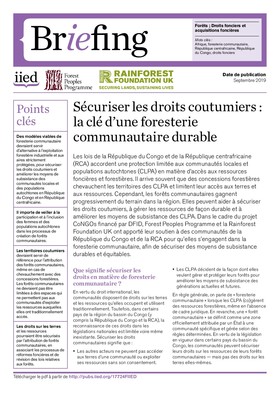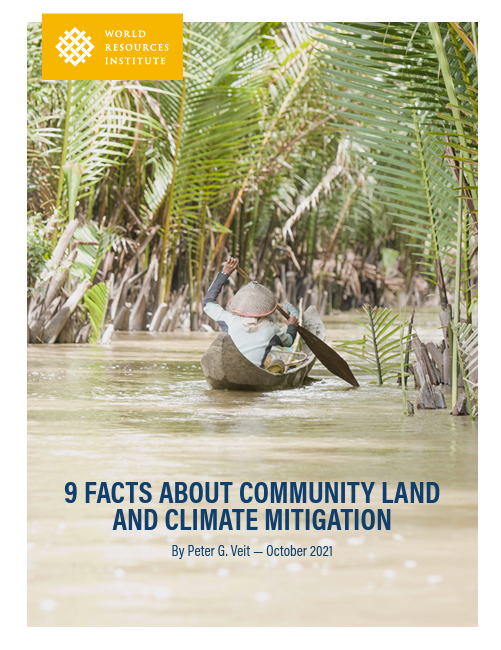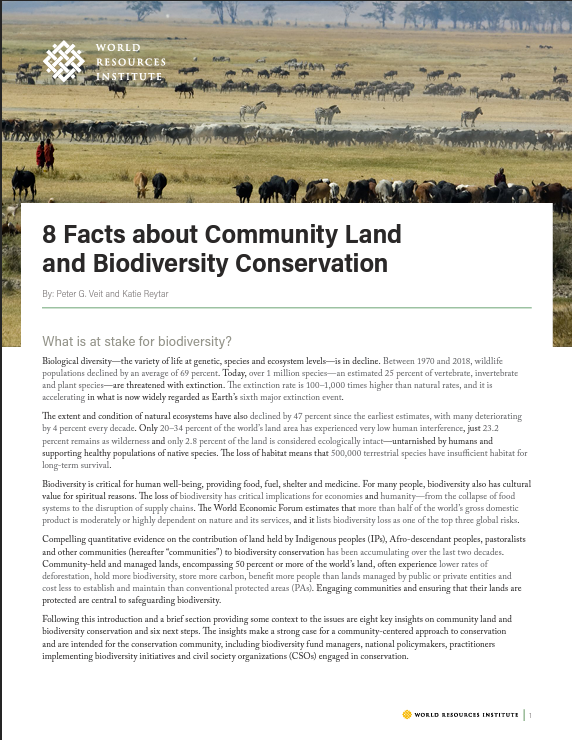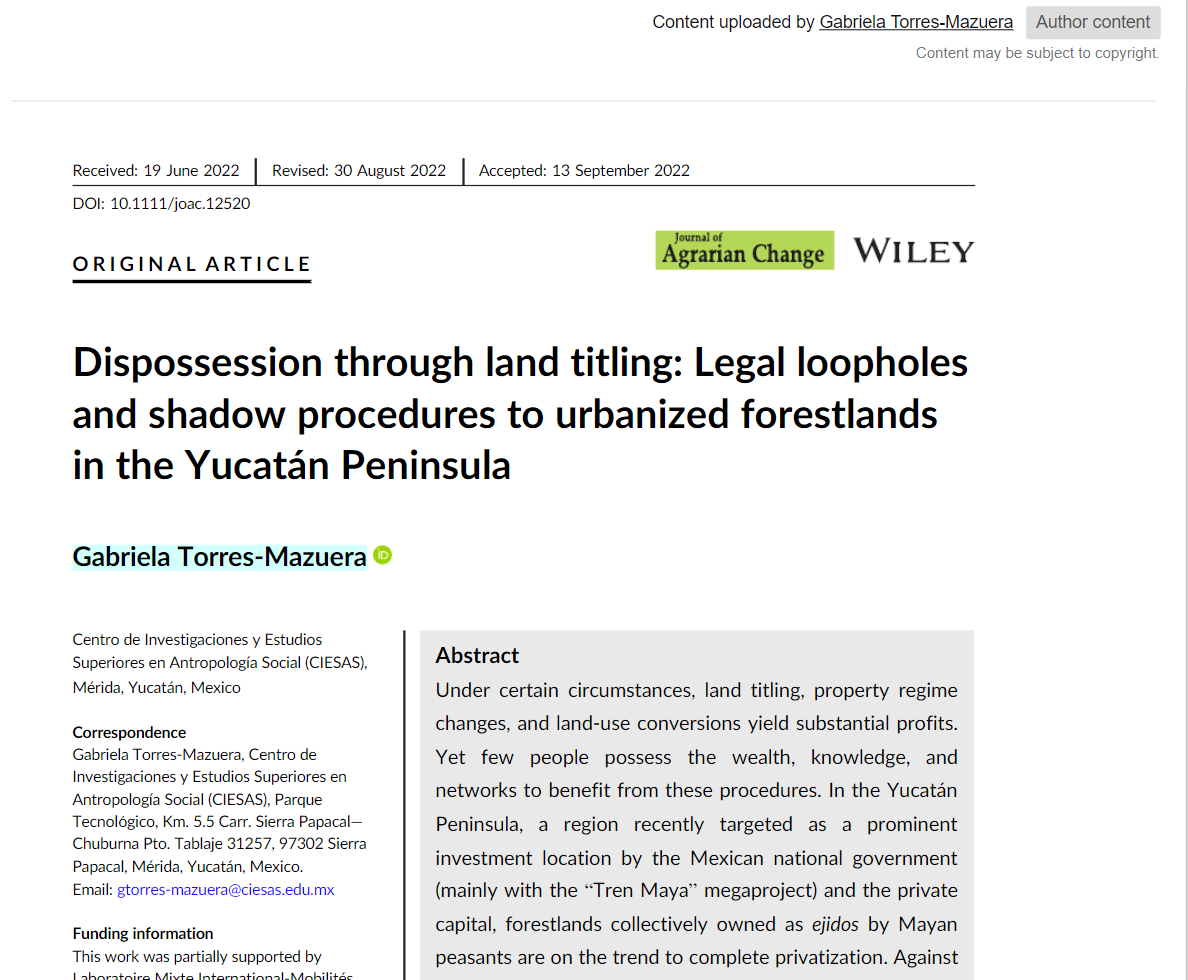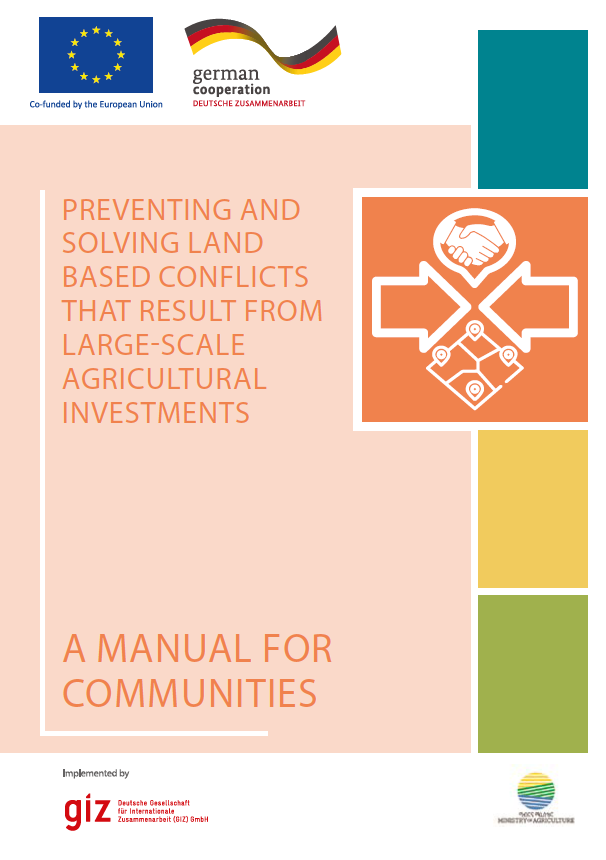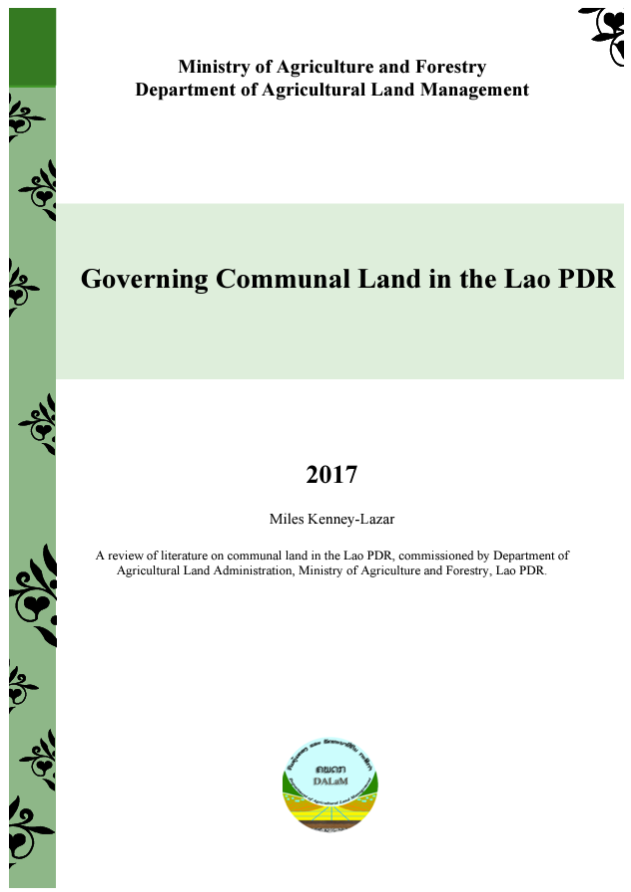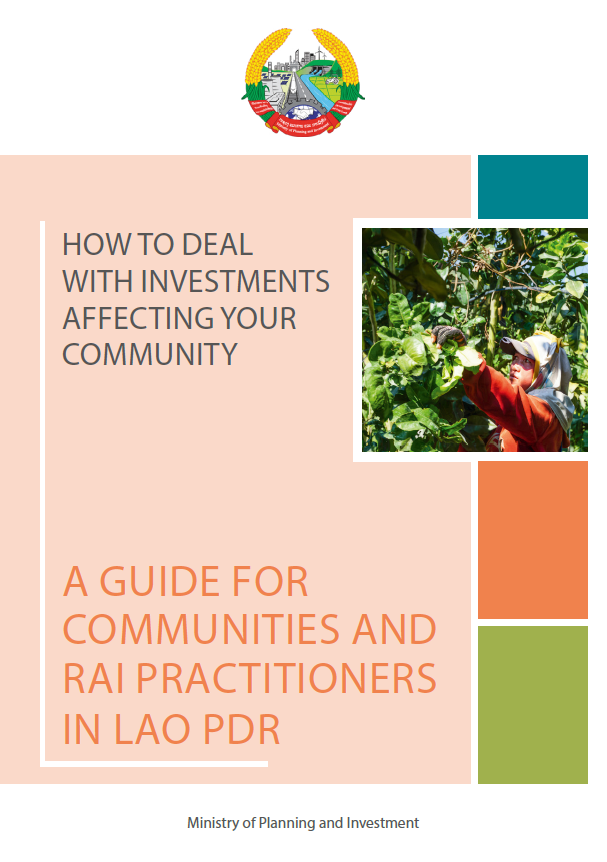Sécuriser les droits coutumiers : la clé d’une foresterie communautaire durable
Les lois de la République du Congo et de la République centrafricaine (RCA) accordent une protection limitée aux communautés locales et populations autochtones (CLPA) en matière d’accès aux ressources foncières et forestières. Il arrive souvent que des concessions forestières chevauchent les territoires des CLPA et limitent leur accès aux terres et aux ressources. Cependant, les forêts communautaires gagnent progressivement du terrain dans la région.

